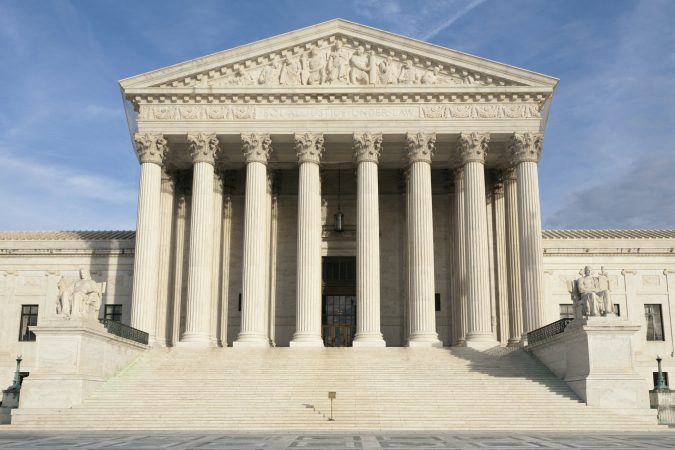On January 17, 2017, the United States Supreme Court denied a writ of certiorari thus, letting the Seventh Circuit Court of Appeals decision stand. This decision had reversed a summary judgment ruling in favor of a group of pension funds for the Chicago Council of Regional Carpenters. The pension funds alleged that a general contractor failed to pay fringe benefits for work performed by nonunion labor as required by a collective bargaining agreement in violation of the Labor Management Relations Act (LMRA) and the Employee Retirement Income Security Act (ERISA). Chi. Reg’l Council of Carpenters Pension Fund, et al. v. Schal Bovis, Inc., 826 F.3d 397 (7th Cir. 2016), cert. denied, No. 16-690, (S. Ct. 2017).
The Seventh Circuit had held that the single-employer doctrine could be used defensively just as it can be used offensively. Offensively, the doctrine can be used to determine that a non-signatory is liable for the obligations of a union signatory, despite the lack of a union agreement. The court found that defensively, a non-union contractor could be treated as a union contractor if they possess the elements that rise to their being a single employer, and, in doing so, could allow a court to determine that a company has subcontracted with a union signatory despite having signed an agreement with a non-signatory. Therefore, the Seventh Circuit held that in certain circumstances where the elements of a single employer theory are met, an employer can invoke the single-employer doctrine to avoid liability for unpaid fringe benefit contributions under ERISA. This denial of certiorari therefore leaves intact the use of the single-employer doctrine as a defense to employers targeted in pension fund cases and is an important tool to examine when encountering one





